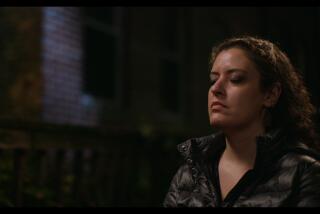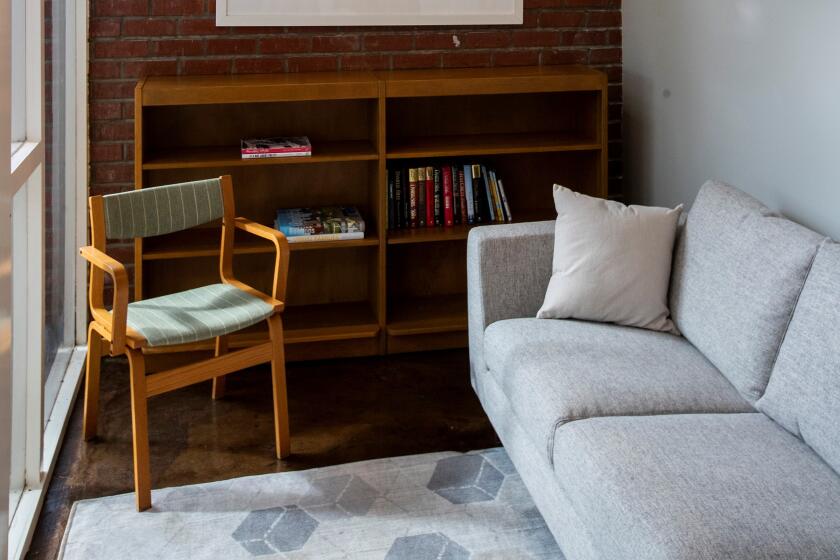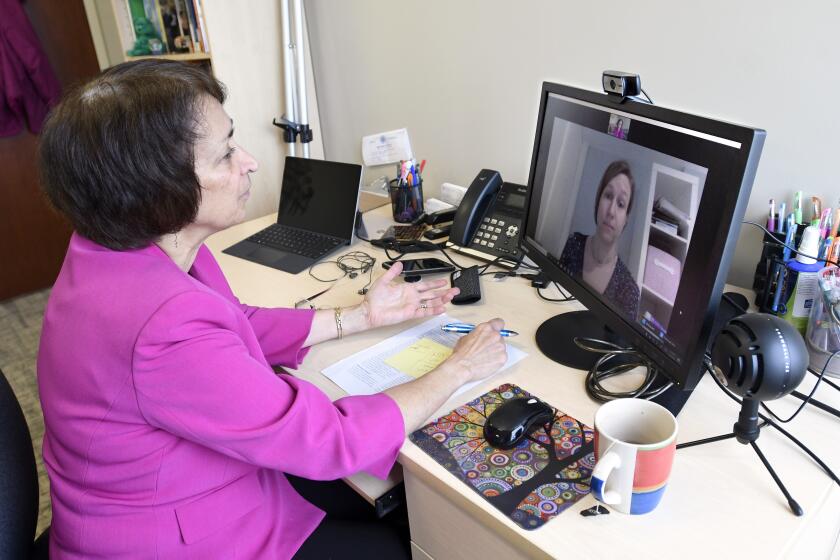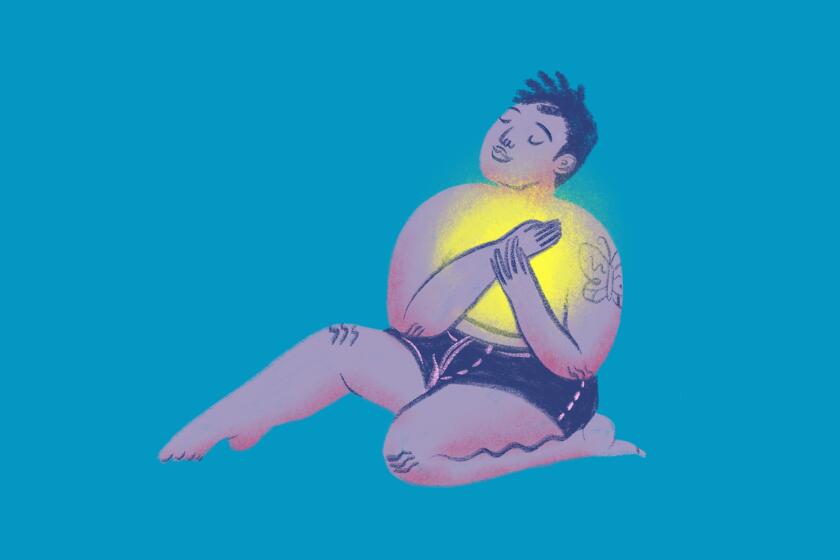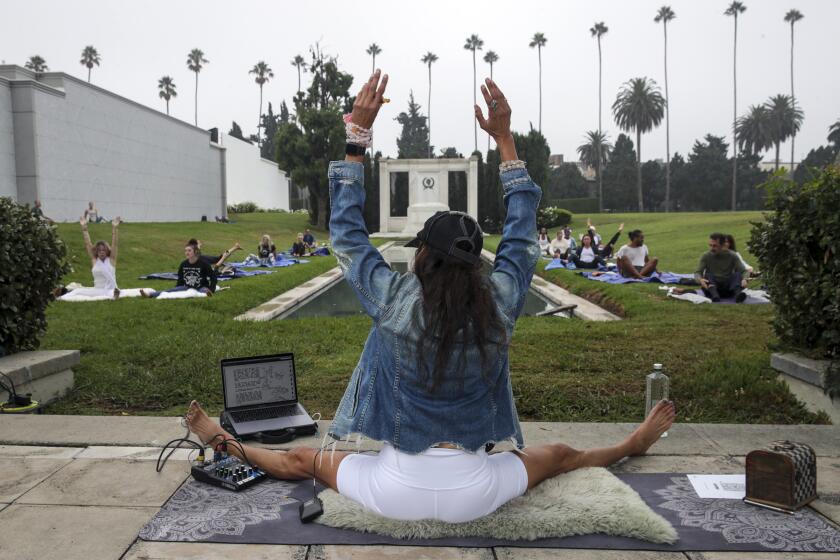
Painted Brain co-founders Dave Leon, Rayshell Chambers and David “Eli” Israelian use their own lived experiences with mental illness to help guide others toward recovery.
- Share via
Dave Leon, the co-founder of the mental health nonprofit Painted Brain, is a licensed clinical social worker who is open about living with depression.
He thinks that as someone who has experience with mental illness, he brings humility to his work as a therapist.
“Someone who hasn’t struggled ... and just enters into our field as a clinical professional might literally think they’re sane and everyone else is not,” he said. “And so they’re just trying to help everyone be more like them.”
Leon said that generally he’d rather change the environment around his patients than change his patients.
“What I’ve seen, especially with my own experience with depression — and with people with anxiety, people with personality disorders — is that a lot of it is a very realistic reaction to the crazy, insane contradictions that we’re expected to make to live in this world,” he said.
Studies have shown that the pandemic elevated adverse mental health conditions for many Americans. According to research from the Kaiser Family Foundation, about four in 10 adults in the U.S. have reported symptoms of anxiety or depressive disorder, compared with one in 10 in early 2019. A study from the JAMA Network reports that one in four youth globally are experiencing clinically elevated depression symptoms.
Mental health resources for peers
L.A.-based peer organizations:
Painted Brain
Project Return Peer Support Network
California Association of Mental Health Peer-Run Organizations
Patients’ rights information:
Law Foundation of Silicon Valley
Disability Rights California
Psychiatric Advance Directives (PAD):
PAD FAQ from Painted Brain and USC
Disability Rights California PAD template
Free legal help:
Mental Health Advocacy Servies (MHAS)
Bet Tzedek
Family resources:
National Alliance on Mental Illness (NAMI)
The idea that having mental health struggles could be a logical response to trauma is easier for many to understand after a global pandemic. Leon said in some ways, peers — people with lived experience with mental illness and recovery — had an advantage when COVID-19 hit and everyone was suddenly isolated.
“They have to face something about themselves that is hard to face, hard to sit with and makes them an ‘other’ in some ways,” he said. “And having to go through that is transformative. It forces people to grow up and be more aware of what they need and who they are in the world.”
What can we learn from people who have experience managing difficult mental health challenges?
To explore this question, first, we learn about the peer-run organization Painted Brain and how their founders were able to find inspiration from their diagnoses. Then we dig deeper into peer support and the importance of creating community, especially among people struggling with mental health who often feel alone. Next, we get some advice about how to remain resilient in difficult circumstances. We then provide information and resources about patients’ rights, if you or a loved one is dealing with serious mental illness. And lastly, we ask artists from the Painted Brain community to tell us what inspired the work that appears in these articles.
Mental illness as a superpower
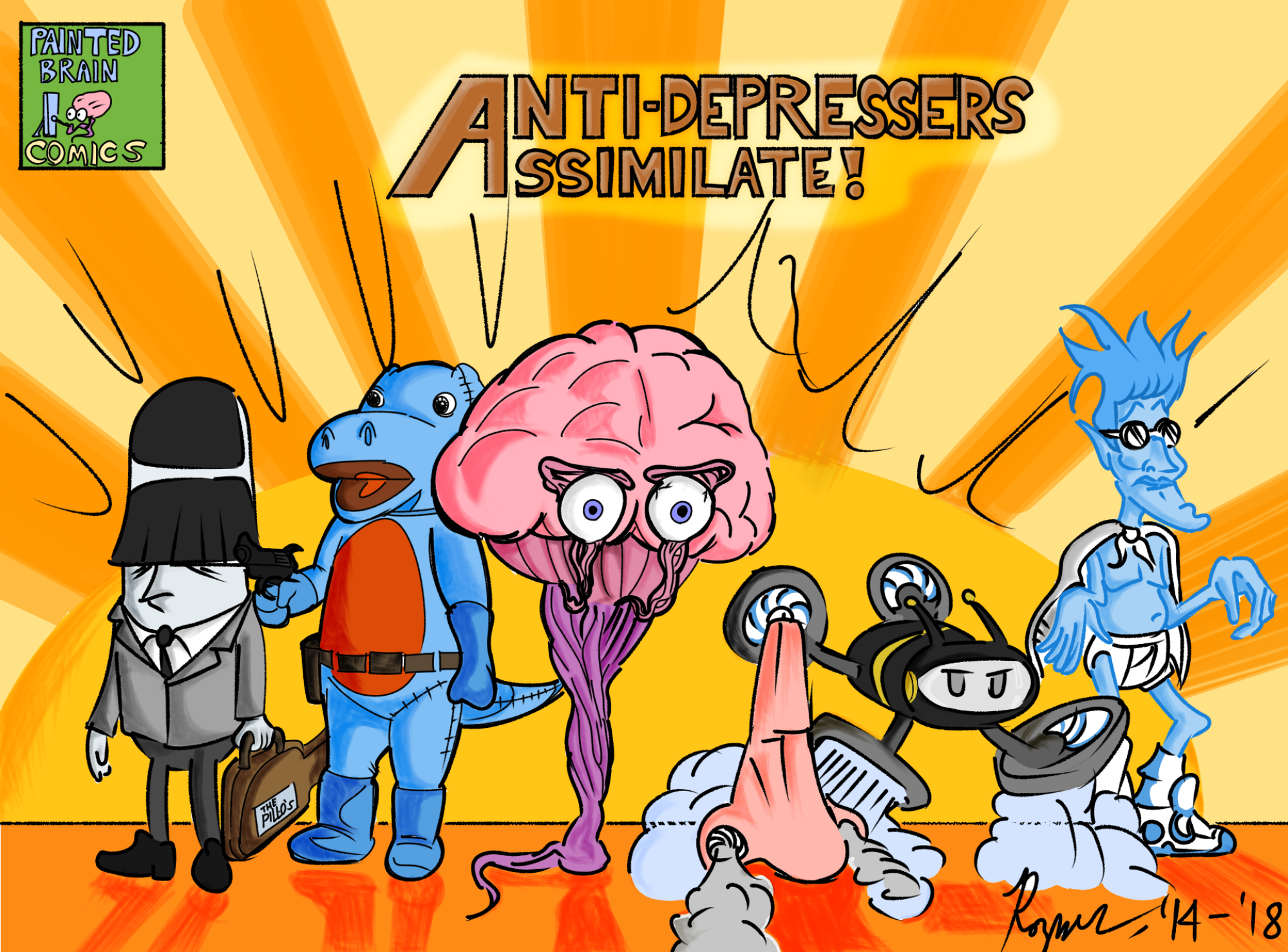
There’s some hidden strength in every mental illness, Leon said. He and his Painted Brain co-founders, Rayshell Chambers and David “Eli” Israelian, lead a peer-run nonprofit that inspires people living with mental health challenges to empower themselves. Read the story >>
What is peer support?
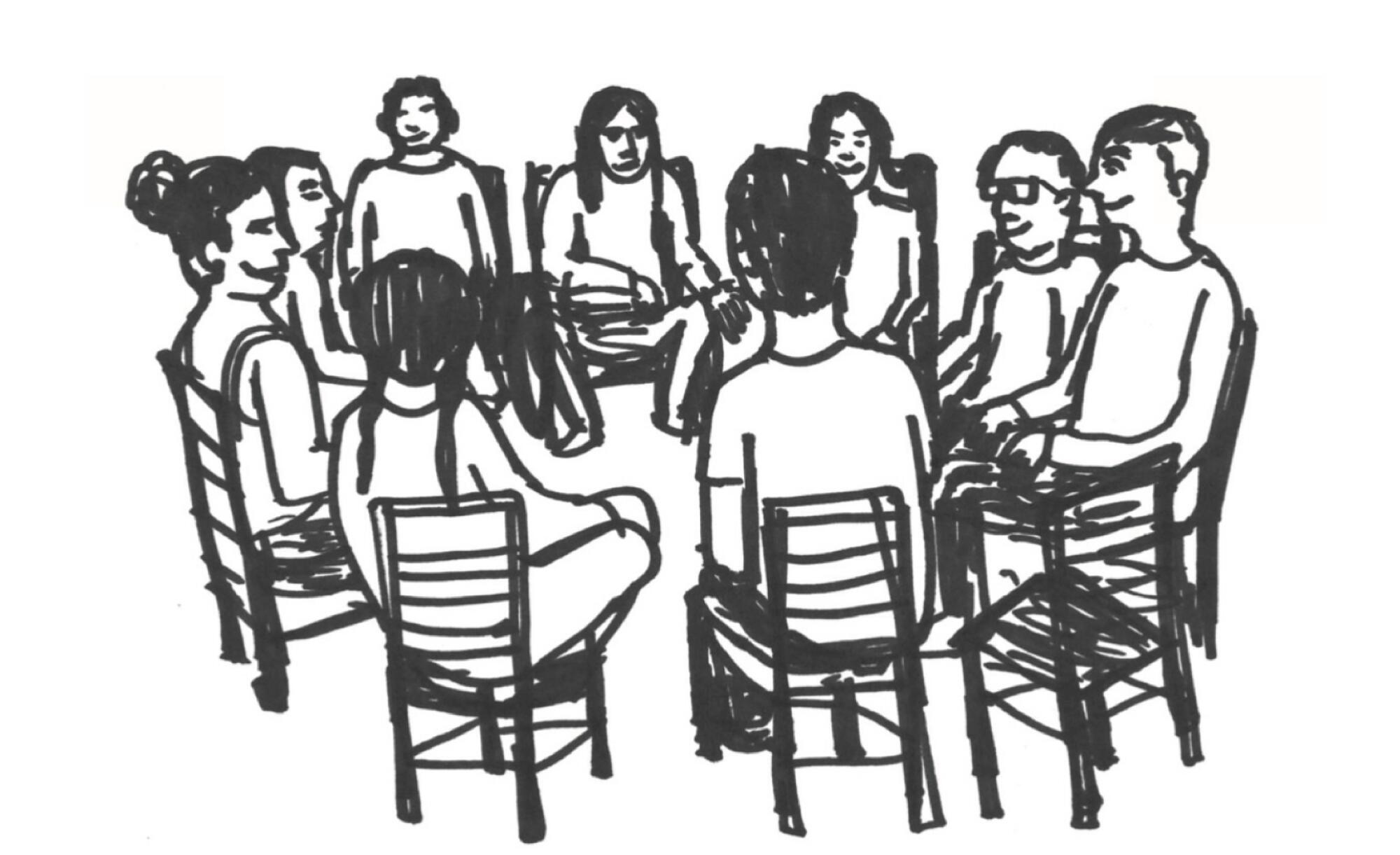
Painted Brain started because Leon was looking for a place where his patients with severe mental illness, who usually feel like they don’t fit in anywhere, could find their people. Support from peers has historically been volunteer work, but it’s now being professionalized and valued as an integral part of recovery. Read the story >>
How to be resilient
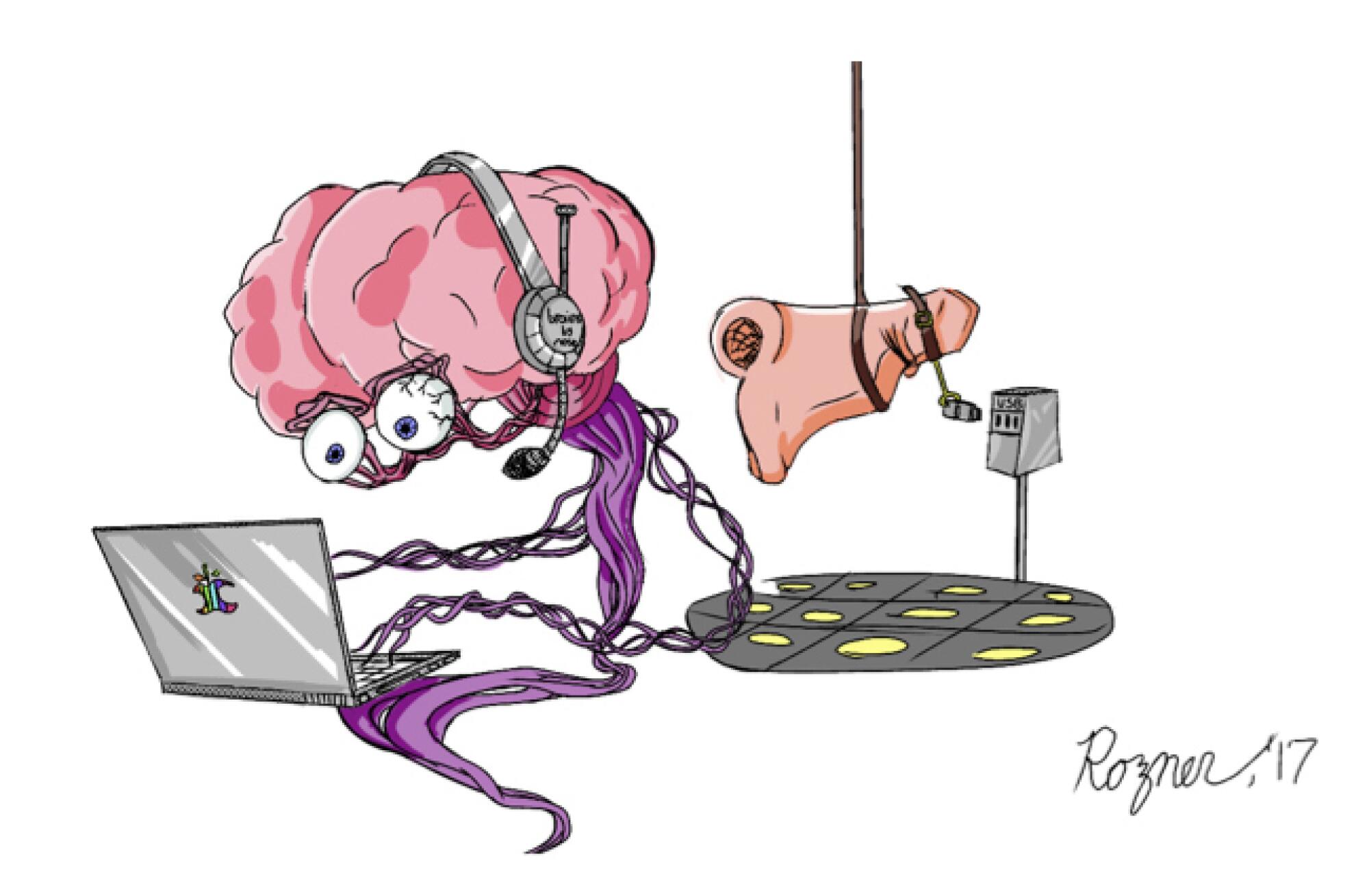
People who work in peer support have to build a strong foundation in order to be able to stay healthy while helping others overcome trauma. Here’s what everyone with stressful jobs can learn from their resiliency trainings. Read the story >>
Understanding patients’ rights
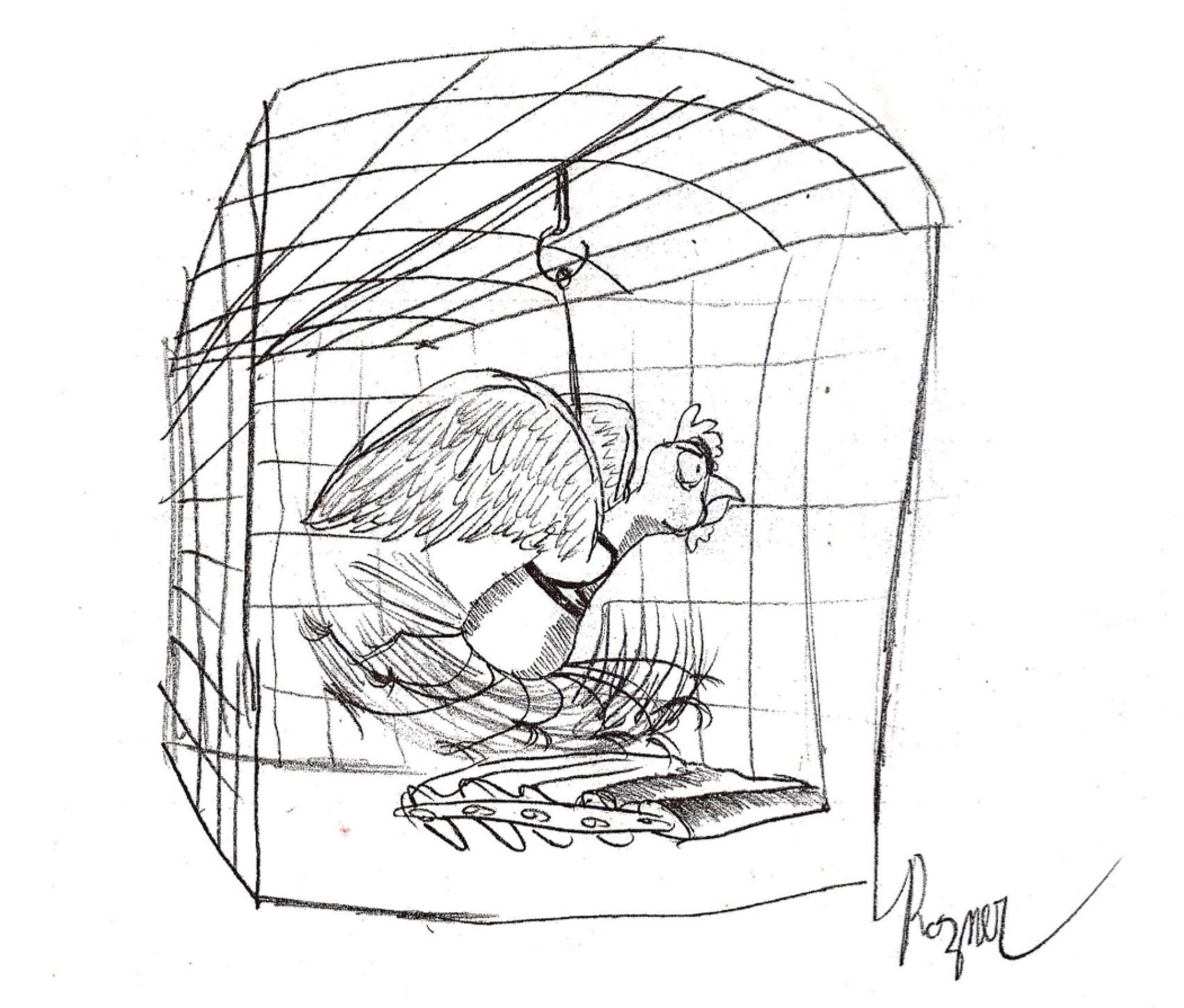
As a peer-run organization, Painted Brain advocates for patient autonomy and the right to determine one’s own mental healthcare treatment. Here’s the lowdown on how involuntary holds work, how to protect yourself and where to get that template to start your psychiatric advance directive. Read the story >>
Art by Painted Brain
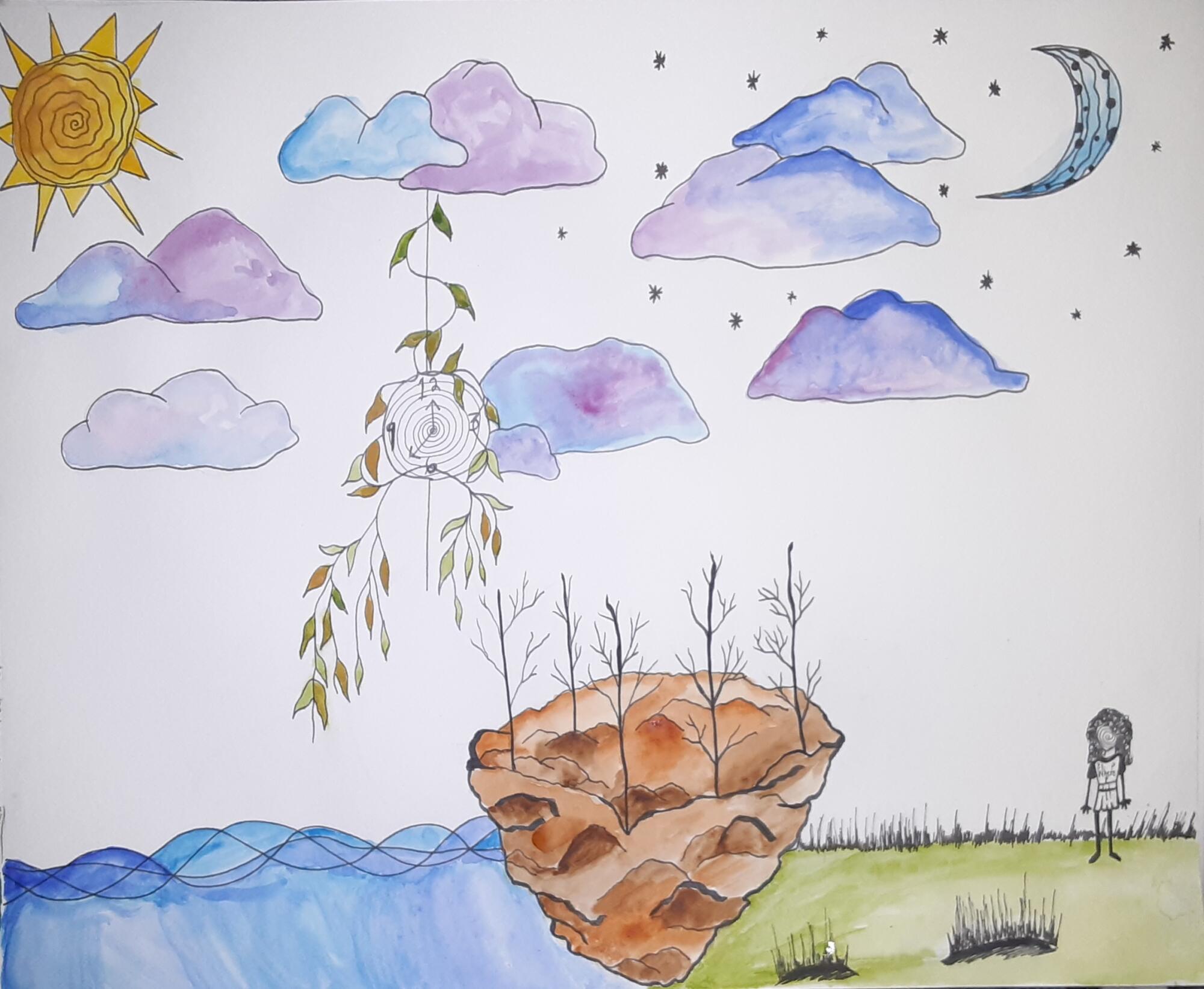
This selection of artwork by peers in the Painted Brain community includes the first Painted Brain logo and first magazine cover, as well as comic Lawrence Rozner explaining the inspiration behind his Anti-Depressers superhero characters. See the art >>
Suicide prevention and crisis counseling resources
If you or someone you know is struggling with suicidal thoughts, seek help from a professional and call 9-8-8. The United States’ first nationwide three-digit mental health crisis hotline 988 will connect callers with trained mental health counselors. Text “HOME” to 741741 in the U.S. and Canada to reach the Crisis Text Line.
More to Read
About these stories
Sign up for The Wild
We’ll help you find the best places to hike, bike and run, as well as the perfect silent spots for meditation and yoga.
You may occasionally receive promotional content from the Los Angeles Times.


